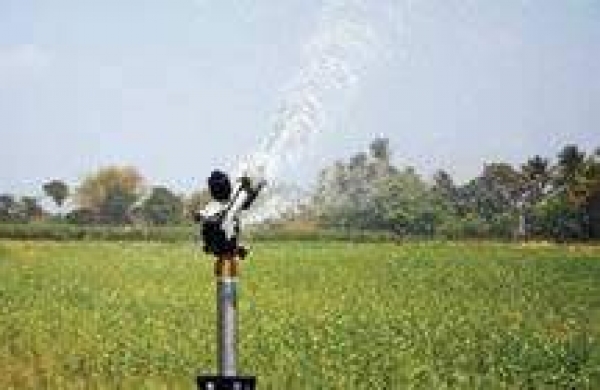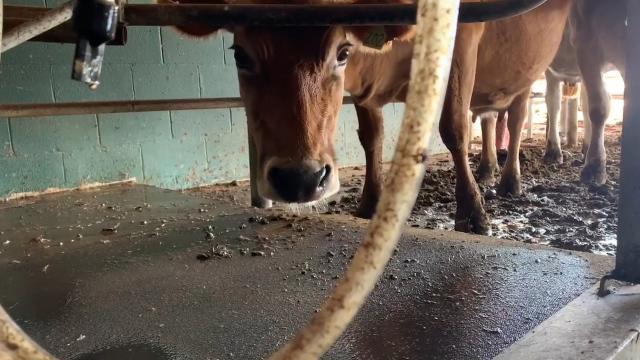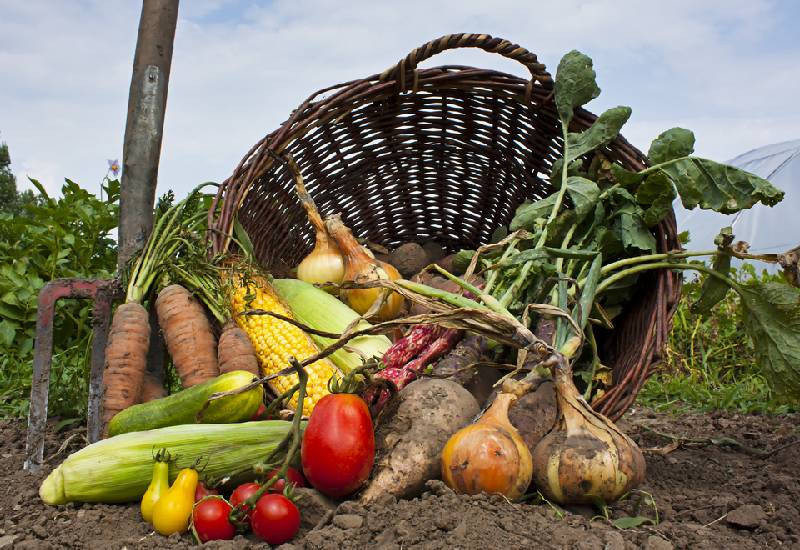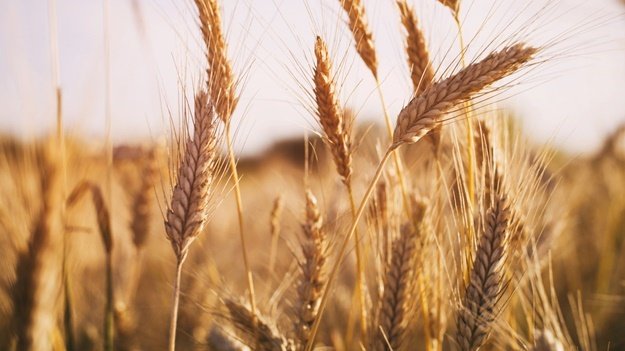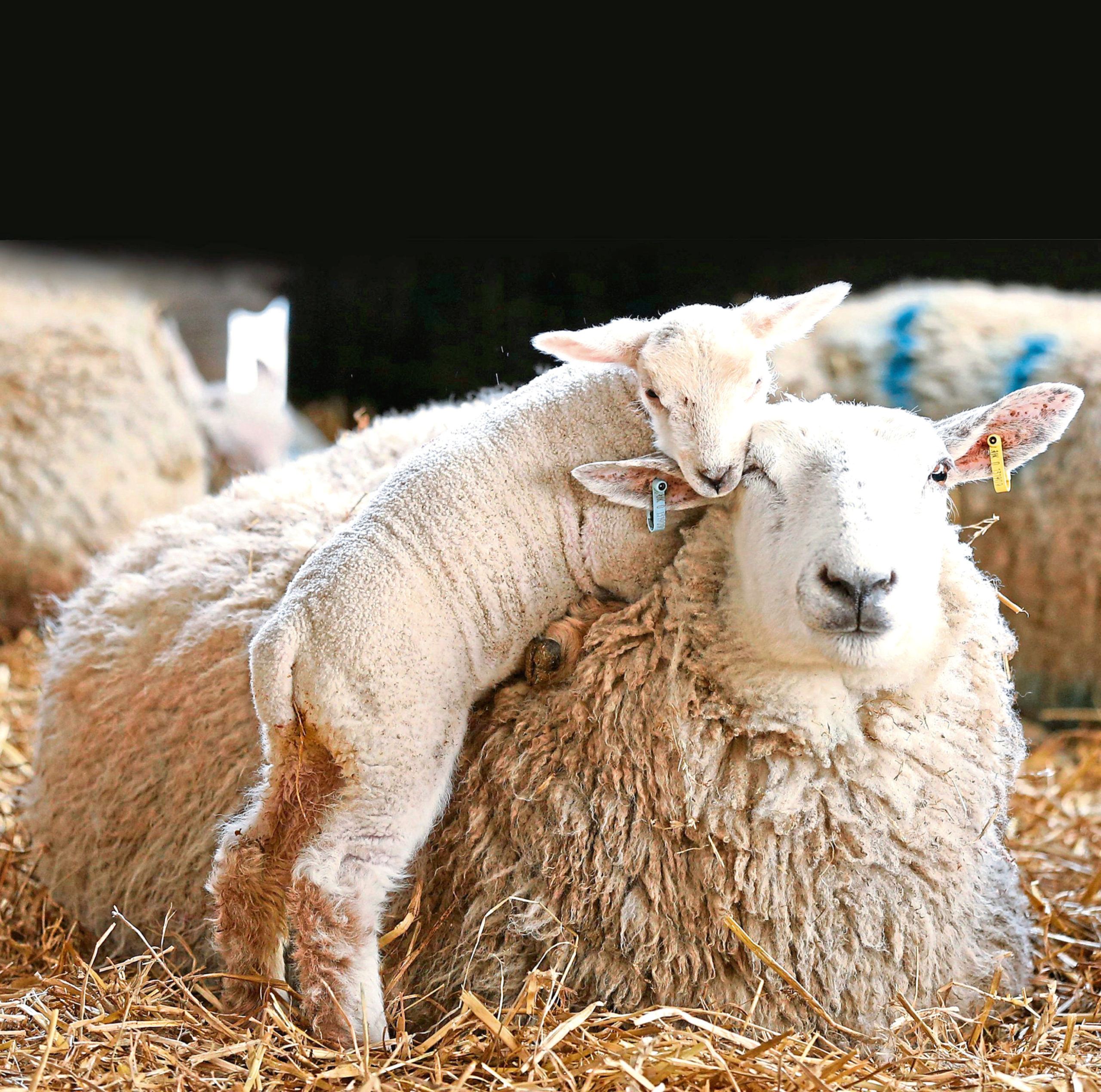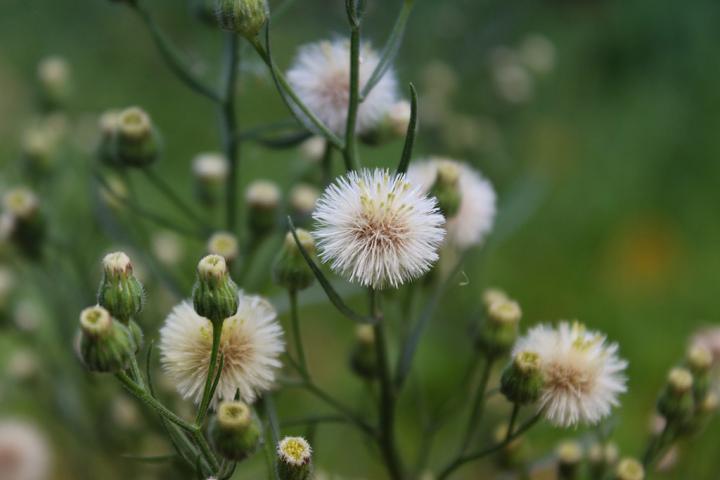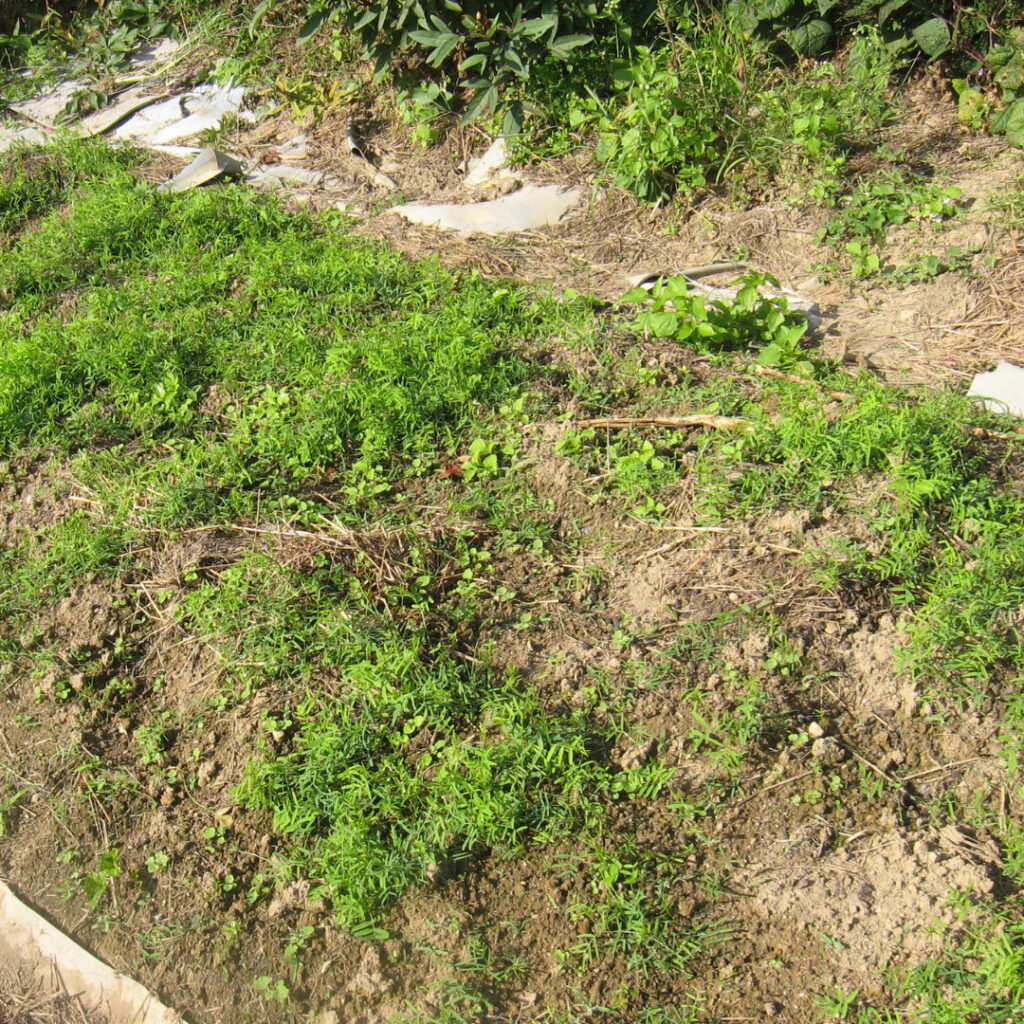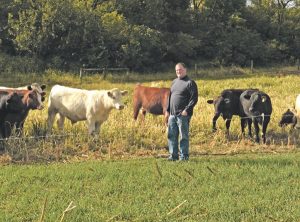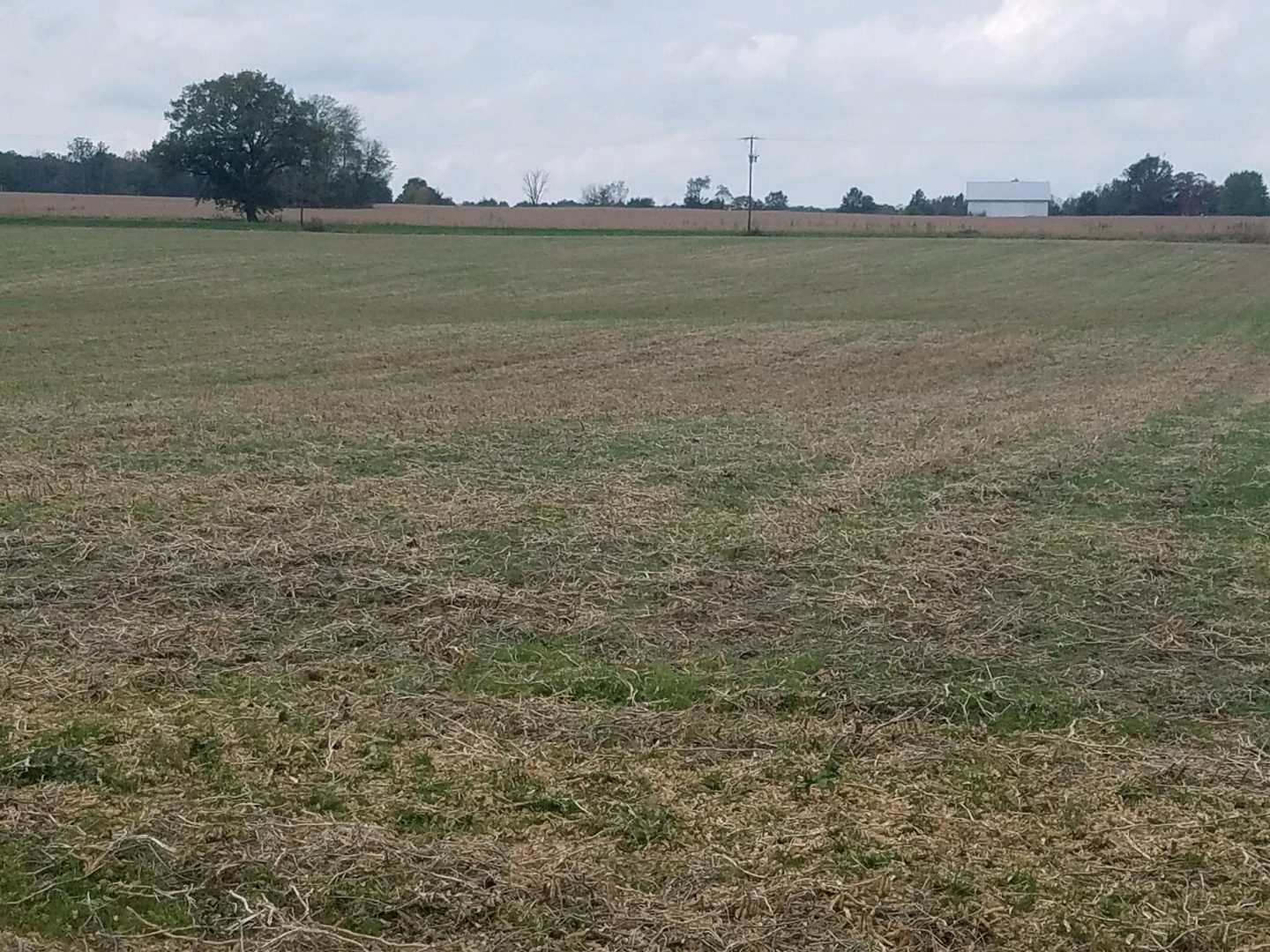 John LaRose Jr.
John LaRose Jr.
Topics: Irrigation, Forestry, Water, Economics, Research,
Water consumption for trees is calculated in order to design precision irrigation systems
A University of Cordoba and Spanish National Research Council research team validated an indicator based on using a tree's temperature to calculate relative water consumption at an almond tree plantation
-
(0)
-
Bookmark
- Comments (0)
 John LaRose Jr.
John LaRose Jr.
Topics: Precision AG , Irrigation, Water, Economics, Ag India, World Hunger, Government / Policies, World Population,
Anantapur farmers waiting for micro irrigation equipment subsidy for seven months
Farmers of drought-prone Anantapur district have been waiting to get micro irrigation equipment for the past seven months.
-
(1)
-
Bookmark
- Comments (0)
-
(0)
-
Bookmark
- Comments (0)
 John LaRose Jr.
John LaRose Jr.
Topics: Organic, Vegetables, Fruit, Food/Nutrition, GMO's, Antibiotics, Fertilizer,
Fuel it: The pros and cons of organic food
Organic food is food produced or farmed in ways that avoid the use of chemical fertilisers, antibiotics, hormones and GMO
-
(0)
-
Bookmark
- Comments (0)
 John LaRose Jr.
John LaRose Jr.
Topics: Economics, Sustainability, World Hunger, Climate Change, Ag Africa, World Population, Ag Podcast Global,
OPINION | Africa will not be able to feed 10 billion people by 2050 | News24
The intensification of cereal cultivation will not assist Africa in reducing poverty and malnutrition as the crops are vulnerable to pests, diseases and climate change. write Ethel Phiri, Elsje Dippenaar, Mpho Molapo and Philasande Feju.
-
(0)
-
Bookmark
- Comments (0)
 John LaRose Jr.
John LaRose Jr.
Topics: Lamb/Sheep, Economics, Research, Ag United Kingdom,
‘Social distancing can stop MV virus in sheep’ | Press and Journal
Human beings are not the only species being told to socially distance to avoid the spread of a deadly disease.
-
(0)
-
Bookmark
- Comments (0)
 John LaRose Jr.
John LaRose Jr.
Topics: Corn/Maize, Soil Health, Soybeans, Precision AG , Herbicides, Weeds, Agriculture US, Cover Crops, Crop Consultant, Ag North America, Education,
Studies explore the role of cover crops in suppressing glyphosate-resistant horseweed
Horseweed is considered one of the most troublesome weeds in the United States and Canada - able to produce devastating losses in both corn and soybean yields when left uncontrolled. Two recent studies - one published by the journal Weed Science and the other by the journal Weed Technology - provide insights on the role cover crops might play in controlling horseweed and reducing the need for herbicides.
-
(0)
-
Bookmark
- Comments (0)
 John LaRose Jr.
John LaRose Jr.
Topics: Cover Crops, Vegetables, Hobby Farming, Gardening, Sustainability, Urban Farming,
Cover Crops and Garlic: Blog 24 in a Gardening Series
Cover crops, also called green manure crops, are those planted for their effect on the soil and enhancement of subsequent crops rather than for direct use. There are a variety of types and species. Now is the time to sow many cover crops.
-
(0)
-
Bookmark
- Comments (0)
 John LaRose Jr.
John LaRose Jr.
Topics: Corn/Maize, Soil Health, Dairy, Cover Crops, Conservation/Tillage, Economics, Research,
Cover crops do double duty - Country Folks
by Sally Colby Ben and Sharon Peckman are experienced farmers, successfully operating their Franklin County, PA, […]
-
(0)
-
Bookmark
- Comments (0)
 John LaRose Jr.
John LaRose Jr.
Topics: Soil Health, Weeds, Agriculture US, Cover Crops, Economics, Sustainability, Weather,
Planting Fall Cover Crops - WOWO 1190 AM | 107.5 FM
Sarah Noggle, Rachel Cochran Ohio State University Extension We are now approaching the time of year to think about planting fall cover crops. Cover crops can serve many purposes, ranging from erosion control to nutrient sequestration. Depending on the type and species of cover crop, benefits range from providing a Nitrogen source, scavenging nutrients to […]
-
(0)
-
Bookmark
- Comments (0)



